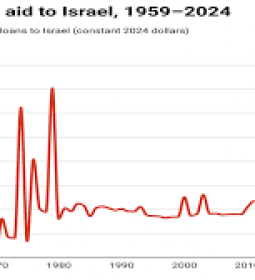Türkiye’s population expected to diminish below 77 million by 2100

The country’s population is projected to decline due to aging and changing fertility rates
According to projections from the Turkish Statistical Institute (TurkStat), Türkiye’s population is expected to fall below 77 million by 2100.
The results of the “Population Projections, 2023-2100” study, announced on Tuesday, reveal that the projections have been updated to reflect recent changes in Türkiye’s demographic structure and institutional revision policies.
Three different scenarios – low, medium and high – have been created based on assumptions about the current trends in birth, death and migration rates, with each scenario reflecting potential changes in these trends.
Under the main scenario, which assumes the continuation of current demographic indicators, Türkiye’s population, which was 85,372,377 in 2023, is expected to reach 88,188,221 by 2030 and 93,774,618 by 2050.

The projections suggest that Türkiye’s population will continue to grow until the mid-2050s and then begin to decline, with an expected drop below 77 million by 2100.
The low scenario, which assumes a continued rapid decline in fertility rates, predicts that Türkiye’s population will peak at 89,959,486 in 2044 and fall below 55 million by 2100.
Conversely, the high scenario, which assumes the effectiveness of measures to increase fertility rates, forecasts that Türkiye’s population will exceed 100 million by 2056.
Türkiye finds itself confronting the challenges posed by an increasingly aging population, a trend highlighted by recent data indicating that the ratio of elderly citizens to the total population has exceeded 10%, leading to its classification as a “country with a very elderly population” according to U.N. criteria.
![Turkey Population History & Projection by Pyramid - UN (1950~2100) [2019 rel]](https://i.ytimg.com/vi/9-nrgP1S2Zk/maxresdefault.jpg)
According to figures released by the U.N. Population Fund in March, global demographics are rapidly shifting toward an aging population, with Europe emerging as the continent with the highest proportion of elderly individuals, accounting for 19% of its population.
Türkiye, with a population exceeding 85 million as of the end of 2023, mirrors this global trend, continuing to age in tandem with the rest of the world.
As Türkiye grapples with the implications of an aging population, policymakers and stakeholders are tasked with devising strategies to address the diverse needs and challenges associated with this demographic shift, ensuring the well-being and inclusivity of elderly citizens in the country’s social fabric.
An aging population poses several challenges for a country. As the proportion of elderly individuals increases relative to the working-age population, it places significant pressure on social support systems, including health care and pensions.
According to experts, this demographic shift can lead to a shrinking workforce, which may reduce economic productivity and growth.
Additionally, experts claim that increased demand for health care services and retirement benefits can strain public finances and potentially lead to higher taxes or reduced services for younger generations.
They argue that an aging population may affect innovation and economic dynamism, as younger, more dynamic individuals often drive technological advancement and economic change.
- Previous Meloni meets Xi
- Next Doomed and Curced French Olympics! Chaos, controversies cast shadow on Paris Games















